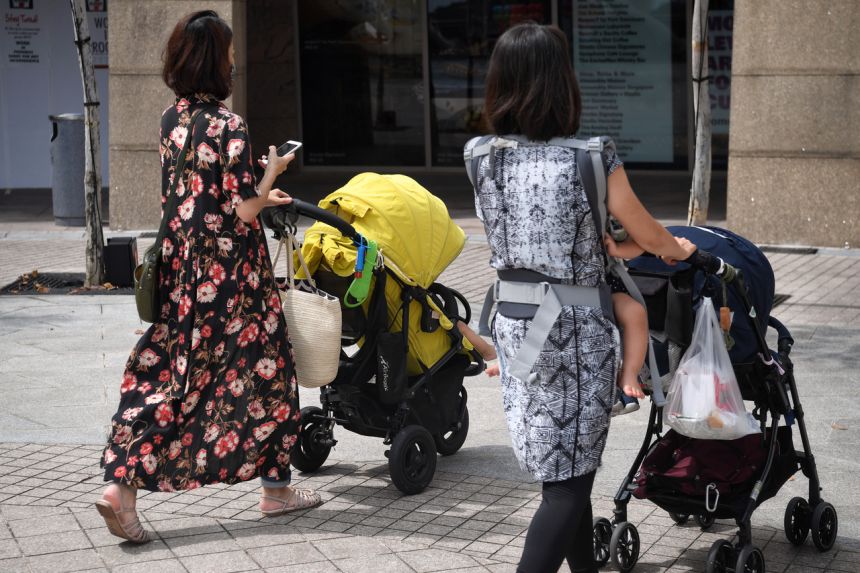
Home > News & Media > Covid-19 pandemic brought women’s mental health needs to the forefront: Muslim women’s association
Covid-19 pandemic brought women’s mental health needs to the forefront: Muslim women’s association
Last Update on July 27, 2021

This story was published by The Straits Times on June 6, 2021.
SINGAPORE – Faced with the overwhelming challenges of work and family commitments in the past year and a half, more women sought help to deal with mental health issues.
Following the circuit breaker period from April to June 2020, the Singapore Muslim Women’s Association (PPIS) saw an increase in clients seeking mental health support at their social service centres and Sym Academy, a practice academy specialising in family-focused work, PPIS president Hazlina Abdul Halim told The Straits Times.
In response to queries, PPIS said the pandemic brought relationship concerns to the forefront, with family members confined to the same space for extended periods, especially during the circuit breaker.
This led to women approaching PPIS with mental health or marital and familial relationship concerns, seeking alternative ways to manage challenges with relationships.
Madam Hazlina said: “I hope women know they are not alone in facing mental health issues, and they need not be afraid to ask for help because there is help available.”
At its annual Harmony Raya celebration on Saturday (June 5), PPIS invited speakers of Muslim, Buddhist and Baha’i faiths to share their views on mental well-being and mindfulness during the pandemic.
A Straits Times survey of 1,000 people in March found that one in three people felt his or her mental well-being had worsened since the circuit breaker.
Minister of State for Education and Social and Family Development Sun Xueling, who officiated the virtual event, said while many people had experienced greater emotional, psychological and financial distress while navigating the pandemic, women were disproportionately affected.
Madam Hazlina said women juggled important roles throughout society that call for a need to support their mental health.
“A substantial number of women work full-time while balancing caregiving duties and other household responsibilities,” she said in her opening remarks at the event.
“The already difficult act of juggling multiple roles is exacerbated during Covid-19, with many needing time to adjust to working from home and home-based learning.”
But there has been a silver lining – the increased awareness of the importance of mental health.
Madam Hazlina said: “Never have we seen mental wellness come to the fore as it has right now.”
To support the increased need, PPIS offers services available to all families. Its Sym Academy offers therapy services for women and their families, and its Workspace Online programme provides live video calls with a therapist for employees in the same workplace.
In addition, Ms Sun cited government resources available for Singaporeans under stress, such as the National Care Hotline, set up during the pandemic by the Ministry of Social and Family Development with the support of the Ministry of Health.
Other government-supported helplines include those run by the Samaritans of Singapore and Institute of Mental Health.
Ms Sun also touched on other needs of women.
With studies showing the local prevalence of maternal depression at 7 per cent during pregnancy and 10 per cent three months after childbirth, it was important to raise awareness of the issue and look into how screening may be implemented to detect problems early.
The Government has also enhanced leave schemes over the years to encourage men to play a greater role in childcare.

